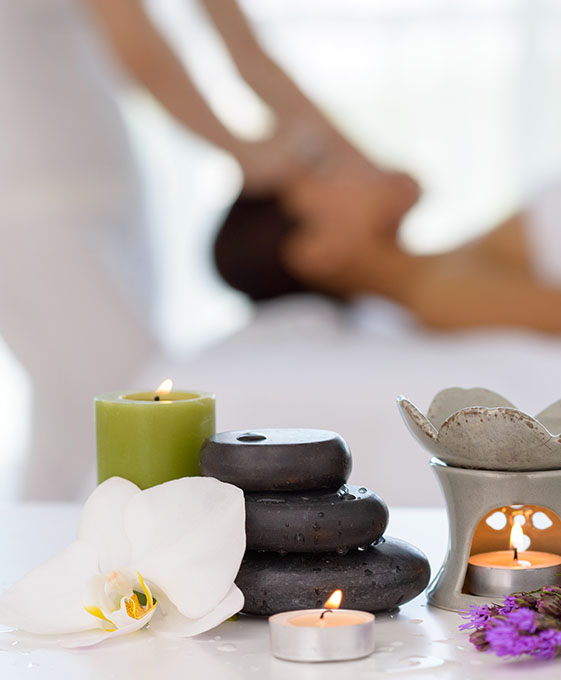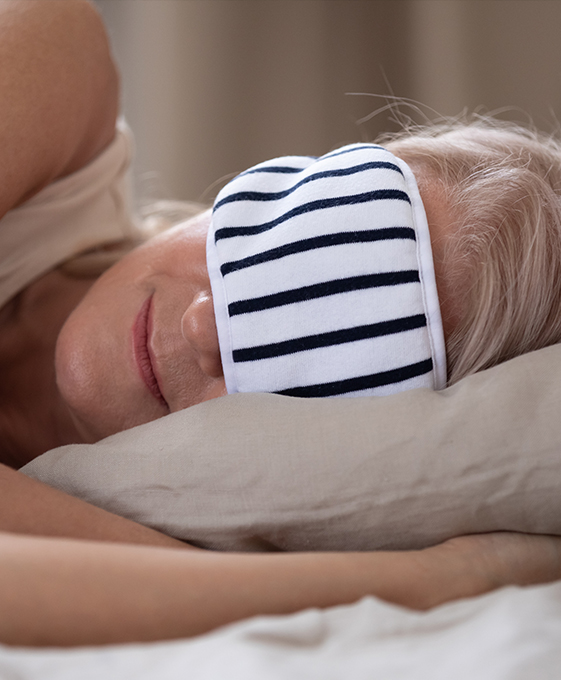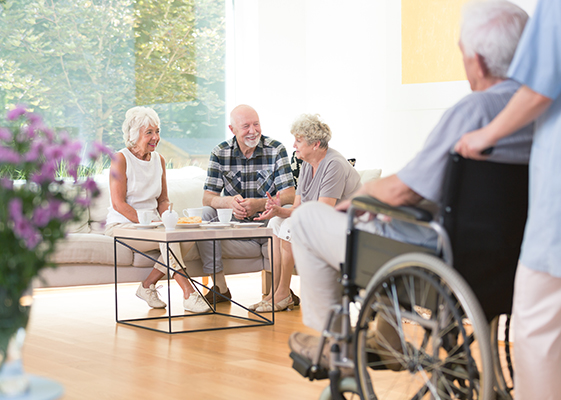Looking After Yourself

As carers, we may have immediate needs such as taking breaks, getting sleep, eating properly or exercising. We may have longer-term needs such as building fulfilling relationships, pursuing hobbies or developing careers. Caring always involves an element of putting our own needs aside. However, it’s important that we look after ourselves too, so we can keep going as carers, and because we are individuals whose needs are just as valid as those of our loved ones.
The importance of sleep
We all need sleep. It is a vital part of our daily life and keeps us healthy, both physically and mentally.
If you’re a carer, you may be having broken or not enough sleep. Occasionally, having a disturbed night will affect you the following day, but if you are having trouble sleeping for longer than a night or two, then everything will seem harder.
You may find that you are constantly tired, go to sleep during the day, have trouble concentrating and making decisions, and start feeling depressed. Long-term lack of sleep may also increase your risk of high blood pressure, diabetes and obesity.
Carers can often find it difficult to have a good night’s sleep, especially if the person you care for needs help or disturbs you in the night. Caring for someone brings extra pressures, such as money worries, emotional worry, isolation, and having no time to yourself.
All of these can contribute to stress, which can make it hard to get to sleep, and keep you awake at night. People who are feeling anxious or depressed also often experience sleep problems. Talk to your GP if you have trouble sleeping, as they can give you advice to help with this.
Tips for better sleep
These tips may help you improve your sleeping habits:
- Make sure your bedroom is comfortable – not too hot, cold or noisy.
- Try not to work or have your computer or TV in your bedroom.
- Get some regular exercise – swimming and walking are ideal – but try not to do this too near to bedtime as it may keep you awake.
- Take a look at your mattress. It should be firm enough to support you comfortably, but not so firm that you feel perched on top of it. You should try to replace your bed every 10 years so that it maintains maximum support and comfort.
- Try to cut down on tea and coffee in the evening.
- Try not to eat or drink a lot late at night – have your evening meal earlier if you can.
- Don’t drink too much alcohol. It may help you fall asleep, but makes you more likely to wake up in the middle of the night.
- Spend some time relaxing before you go to bed – a warm bath may help. There are many different relaxation techniques. You could try tapes and books available in your local library or you could join a class.
- Try to keep a regular pattern of going to bed and rising at the same time every day, even if you are not tired
- Keep a notepad by your bed so that if you are worried about something, you can write it down and be ready to deal with it the next day.
- If you still cannot sleep, try not to lie there worrying. Get up and do something you find relaxing like reading, watching TV or listening to quiet music. After a while you may feel tired enough to go to bed again.
- Complementary therapies such as massage or aromatherapy can be a good way to relax.


Seeing your GP
While the tips listed above may help with sleeping problems, if sleeplessness becomes intolerable, a visit to your GP may help.
It is particularly important to see your GP if you are suffering with stress, anxiety or any physical ailment, so that you can start getting treatment. Even just talking to your GP may help ease your worries. Knowing that someone is taking your concerns seriously does make a difference and can help you to sleep better.
Get a Carer’s Assessment
If you have not already had a carer’s assessment with someone from your local council, ask for one. As a carer, it is your right to have an assessment. After your assessment, if your local authority agrees you have needs, they will find out the support services that will help you as a carer.
Parkinson’s Carers
At Parkinson’s Care and Support UK, we recognise the importance of caring for the carer, which is why we provide home carers to provide company, friendship and support for the with Parkinson’s whilst their Family Carer has some much-deserved respite. Carers can attend for up to 4 hours in one day and can assist with usual daily routines such as shopping, walks to the park, preparing lunch and social activities.
Parkinson’s Carer Groups
Contact the Parkinson’s Carer Groups in your area. They may be able to offer social and emotional support, which may help you feel less stressed, and help you get a better night’s sleep.
Remember to talk to your family and friends. The people who care about you will want to know if you are struggling and they can offer support and friendship.

